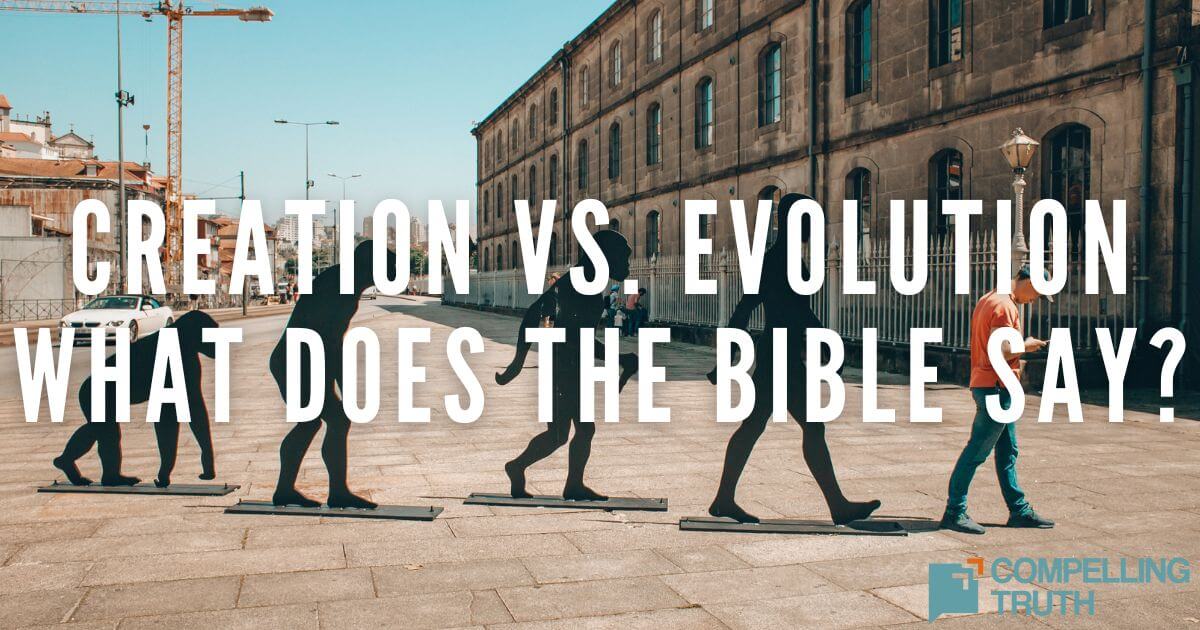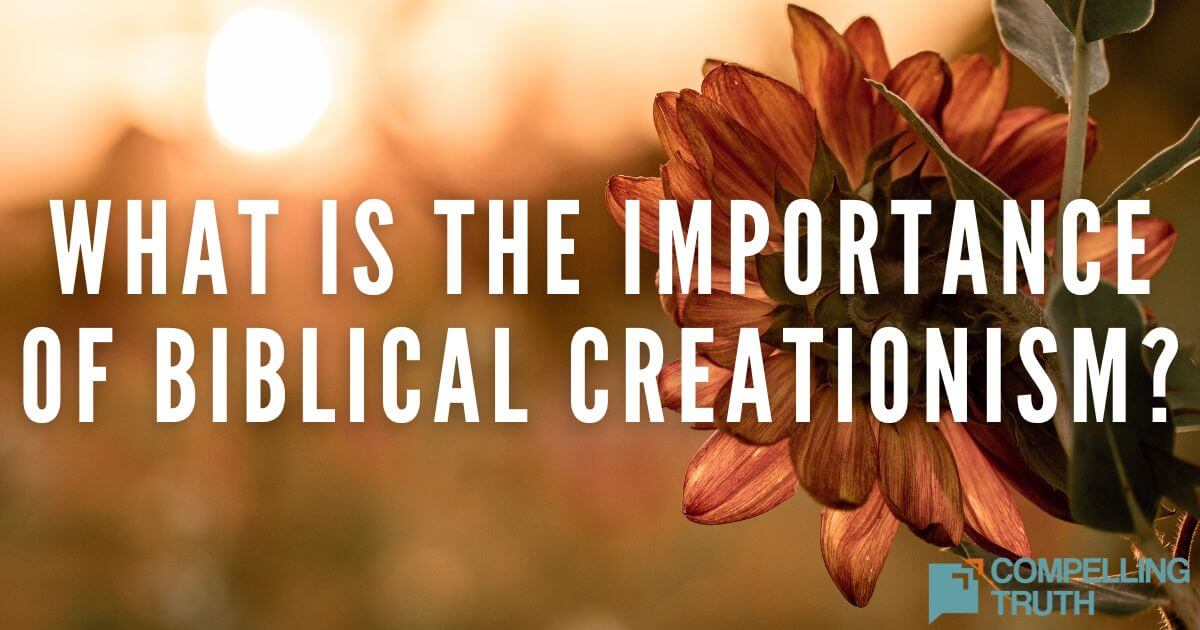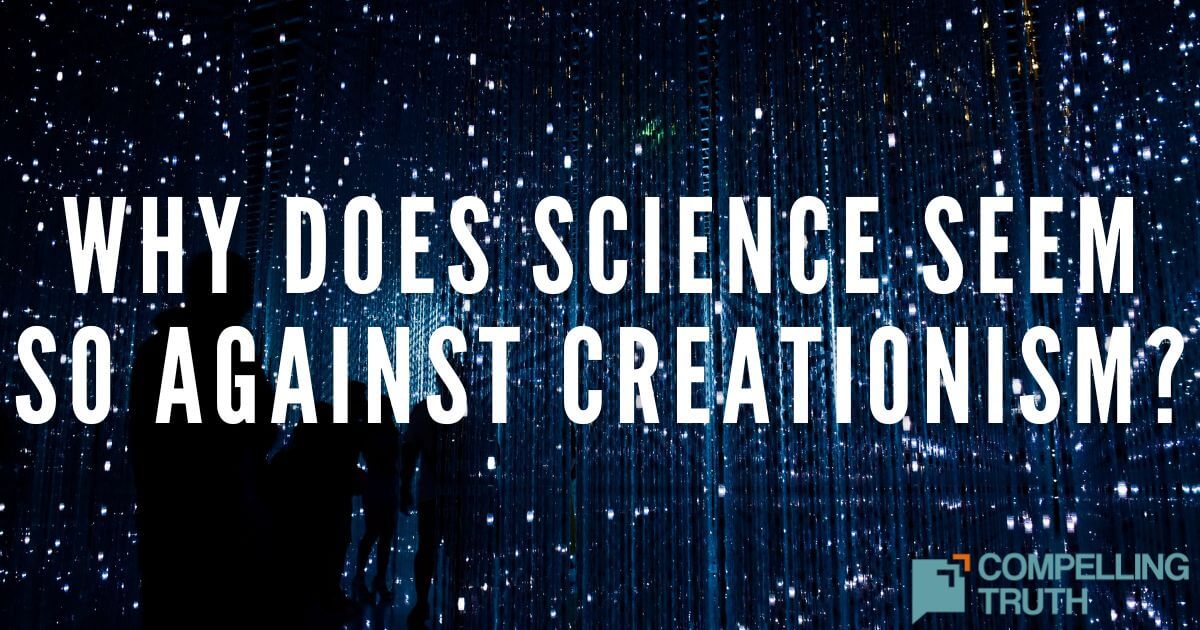The theory of evolution, in its strictest biological sense, claims that all life on earth has developed over millions – or even billions – of years, beginning with a very simple, single-celled organism. Scripture explains that God created a wide variety of animals distinctly over the course of six, 24-hour days. Paul agrees with this in his letter to the Corinthians (1 Corinthians 15:39). Some views of evolution are compatible with the Bible’s accounts; other versions of are entirely irreconcilable with Scripture.
Despite accusations against others, the evolutionist ultimately has what any other believer has: evidence, an interpretation in that evidence, and some level of “faith” in both. Christians do not believe blindly, but are called to rely on evidence, with “faith” being trust in such things (Acts 17:11; 1 John 4:1). The evolutionist might criticize the Bible for difficult passages, or apparent contradictions. Yet the theory where they anchor “faith” also presents challenges. Usually, the evolutionist will say "we just don't know yet" in the hope that new evidence will be discovered to show how contradictory forces can exist in harmony. Ironically, the ardent evolutionist's unwillingness to accept that there any weaknesses, at all, reflects blind faith—exactly the criticism unfairly used against religious views.




